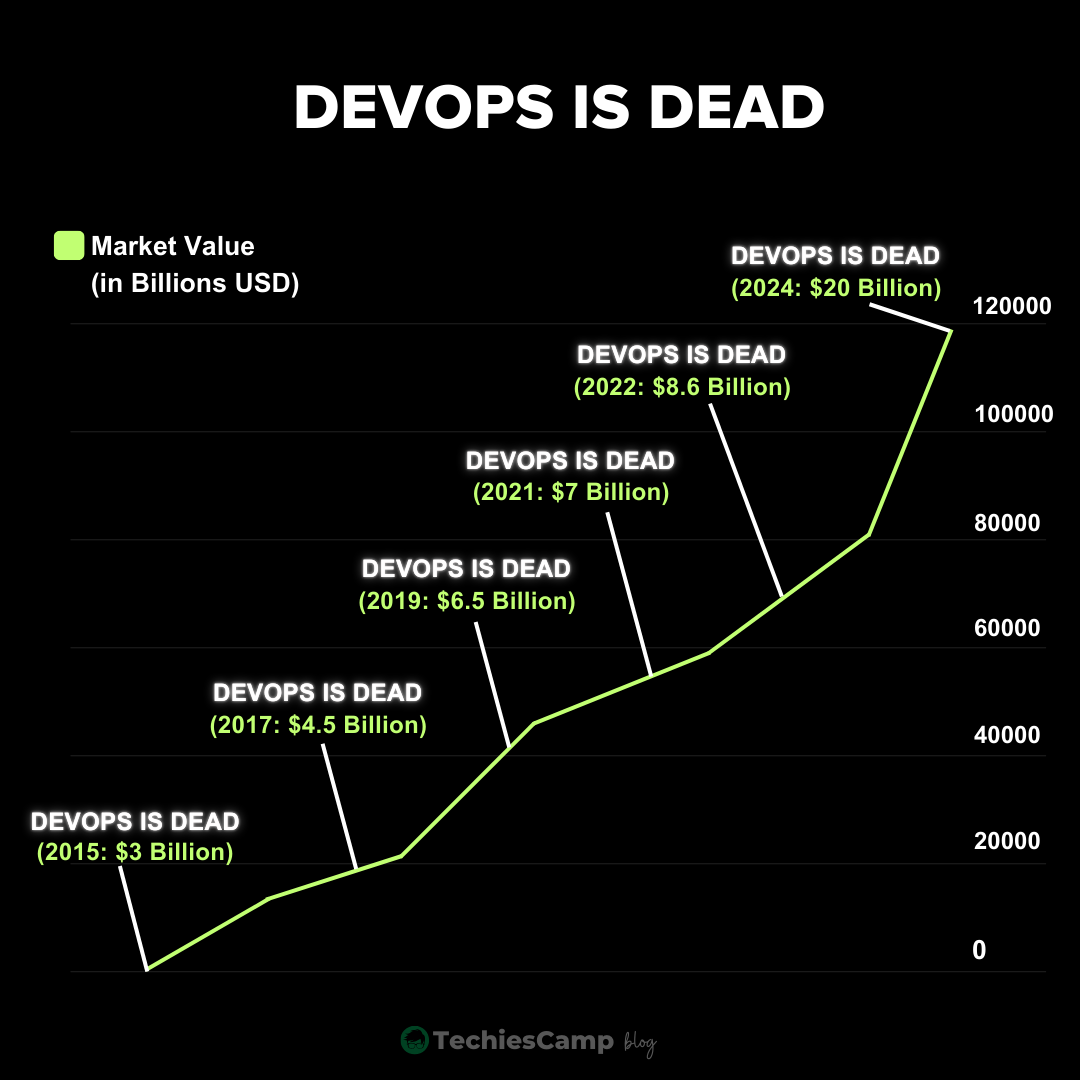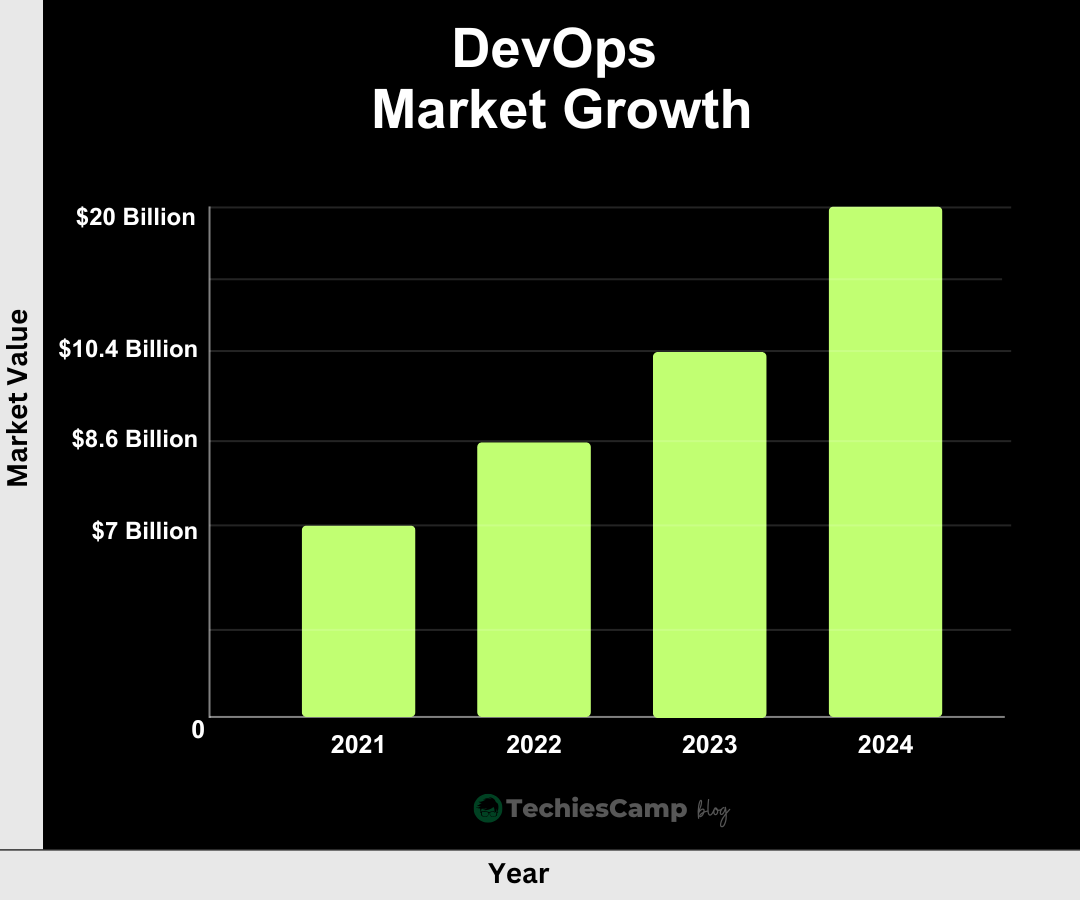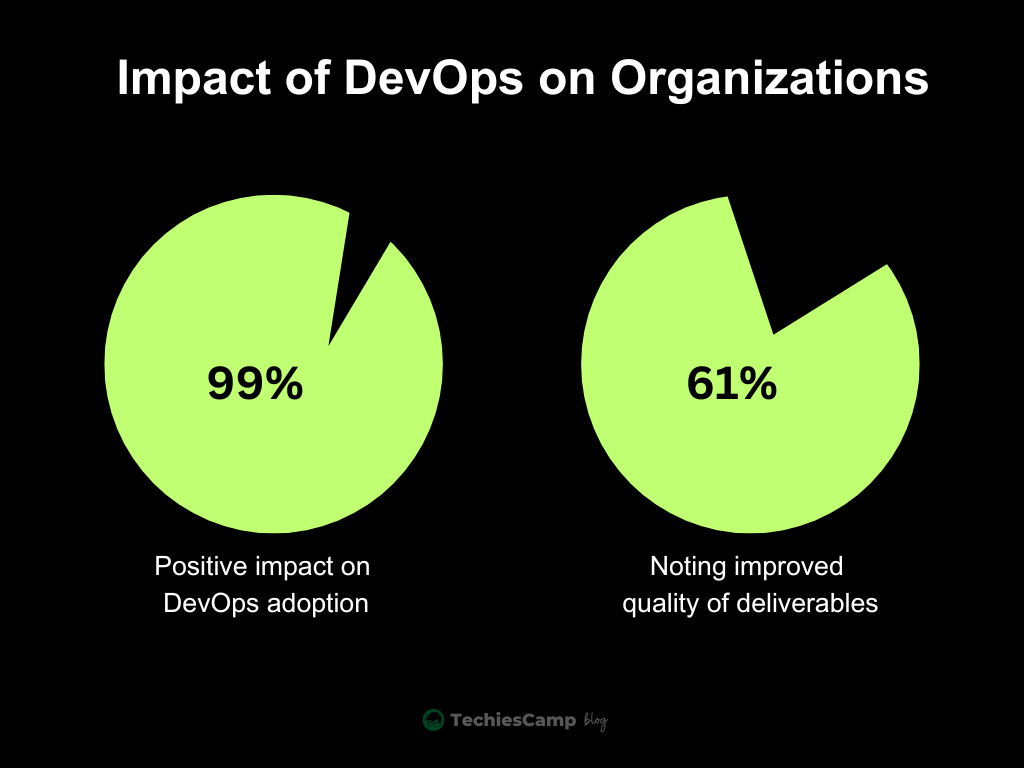The phrase “DevOps is Dead” has been echoing through the tech world since 2015. For example, this blog.
It picked up even more steam around 2016, with many arguing that newer trends like Platform Engineering, GitOps, and Site Reliability Engineering (SRE) had rendered DevOps outdated.
But has DevOps truly lost its relevance? Spoiler alert: not at all. In fact, DevOps has only evolved and thrived.
Key Milestones in the "DevOps is Dead" Debate
- 2015: The significant claims of DevOps being outdated emerged with the growing adoption of microservices architecture, which led some to question DevOps' relevance in this new landscape.
- 2016: The rise of Site Reliability Engineering (SRE), popularized by Google, sparked discussions on whether SRE was a more advanced alternative to traditional DevOps practices.
- 2019: The emergence of GitOps and Kubernetes further fueled debates about whether DevOps had become obsolete, as these new paradigms appeared to offer more efficient ways to manage infrastructure.
- 2022: Platform engineering gained prominence, with many considering it a successor to DevOps, leading to renewed claims of DevOps’ decline.
- 2024: The rise of AI-driven automation and AIOps (Artificial Intelligence for IT Operations) has prompted further assertions that DevOps is no longer necessary in the age of intelligent automation.

Market Growth: Hard Numbers Tell the Story
While naysayers have declared DevOps to be on its last legs, market data tells a different story:

- DevOps Market Expansion :As per marketsandmarkets report, the DevOps market is expected to grow significantly, reaching USD USD 25.53 billion by 2028 with a CAGR of 19.7% from 2023 to 2028
- North America Dominance: North America holds 38.5% of the global DevOps market, underscoring its leadership role in adopting these practices.
- Future Projections: The growth isn’t slowing down. From 2023 to 2030, the DevOps market is expected to grow at a compound annual growth rate (CAGR) of 20-25%. By 2030, estimates suggest the market could be worth USD 37.25 billion by 2030. That’s a huge leap, showing how much organizations invest without in this field. (For detailed research data, check out Grand View Research’s market analysis.)
- The on-premise segment is also expected to grow significantly, projected to reach $45 billion by 2032, as organizations prioritize data privacy and security.
Tools and Technologies
The Continuous Integration and Delivery (CI/CD) tool market is experiencing significant growth, fueled by the increasing demand for efficient, automated software deployment solutions. In 2023, the market was valued at $6.16 billion, and it is projected to reach $22 billion by 2032, with a compound annual growth rate (CAGR) of approximately 15.19% over this period.
The container and Kubernetes security market is also on an upward trajectory. Valued at $1.51 billion in 2023, this market is expected to grow rapidly, reaching $12.35 billion by 2032 at a CAGR of 26.3%.
The Continued Growth of DevOps
Despite all the dramatic claims, DevOps hasn’t faded into the background. Instead, it’s become an essential part of modern software development and IT operations. Here’s why:
1. Increased Adoption
DevOps has found a home in many organizations, from startups to large enterprises. Practices like continuous integration/continuous delivery (CI/CD), automation, and infrastructure such as code (IaC) are now standard.
These methods help companies improve the speed, efficiency, and reliability of their software delivery. What started as a movement to bridge the gap between developers and operations teams has now become an industry benchmark.
2. Expansion Beyond IT
DevOps isn’t just about development and operations anymore. It’s expanding into other domains, from incorporating security (“DevSecOps”) to data management and even artificial intelligence (“AIOps”). This flexibility and expansion show how adaptable and valuable DevOps principles are in various aspects of tech infrastructure.
3. Growth in Tools and Platforms
Look at the toolchain: evolving cloud-native technologies, Kubernetes, erverless computing, and more. The DevOps ecosystem has expanded enormously, empowering organizations to do more without friction. These tools have made automation, scaling, and monitoring easier, further embedding the DevOps mindset in the way we work.
Key Drivers of DevOps Growth
Several key factors have driven the ongoing rise of DevOps:
- Cloud Adoption: More businesses are moving to the cloud, and DevOps practices are important for making the most of cloud technology.
- Automation: DevOps tools are leading the way in automating testing, deployment, and monitoring—saving time and reducing human error.
- CI/CD Pipelines: Continuous Integration and Continuous Deployment are core to modern software development, and DevOps makes CI/CD possible.
- Security and Compliance: Security is becoming more critical than ever, with DevSecOps helping teams integrate security directly into the development cycle.
- Time Efficiency: Companies with a DevOps culture can invest 33% more time in infrastructure improvements, leading to enhanced operational efficiency

- Positive Impact: A staggering 99% of organizations that have adopted DevOps report positive effects, with 61% noting the improved quality of deliverables
DevOps Adoption Statistics
- 83% of organizations report adopting DevOps practices, indicating a significant trend in integrating development and operations.
- Companies practicing DevOps see a 50% increase in deployment frequency.
- In the post-pandemic landscape, nearly 74% of enterprises adopted DevOps, driven by the need for improved remote working capabilities.
- A survey indicated that 99% of organizations reported a positive impact from adopting DevOps practices, highlighting its effectiveness in enhancing operational efficiency.
- Key industries adopting DevOps include BFSI (Banking, Financial Services, and Insurance), IT & Telecom, Healthcare, Retail, and Manufacturing, with varying levels of adoption across sectors
Some businesses struggle to see the immediate benefits of adopting DevOps, leading to hesitance in implementation
AI & DevOps Engineers
While the DevOps market is rapidly expanding, this growth doesn’t mean DevOps engineers will keep doing the same kind of work. In fact, the role of a DevOps engineer is evolving significantly, especially with the rise of AI.
For instance, Agentic AI—AI systems that can operate independently and make certain decisions—has the potential to transform DevOps by handling routine tasks, speeding up processes, and responding faster to issues. Instead of focusing on repetitive tasks, DevOps engineers will soon spend more time fine-tuning these AI systems, optimizing their performance, and pushing new innovations.
The future of DevOps isn’t about replacing engineers with AI; it’s about freeing them up to tackle more meaningful, impactful work. This shift empowers DevOps professionals to lead with creativity and problem-solving in ways that drive real progress.
In Summary
Is DevOps dead? Far from it.
Despite the occasional dramatic headline, DevOps continues to thrive. It’s evolving, growing, and expanding its reach into new areas. As businesses increasingly move to the cloud, automate workflows, and prioritize security, DevOps’ influence will only deepen.
So, whether you’re an engineer, a business leader, or just someone interested in tech trends—DevOps isn’t going anywhere. In fact, it's becoming more central to how we build, manage, and secure software.
For more insights on the rise of DevOps and its influence in different industries, take a look at this comprehensive overview by Gartner. The future of DevOps is bright, and it's paving the way for smarter, faster, and more reliable software development.
